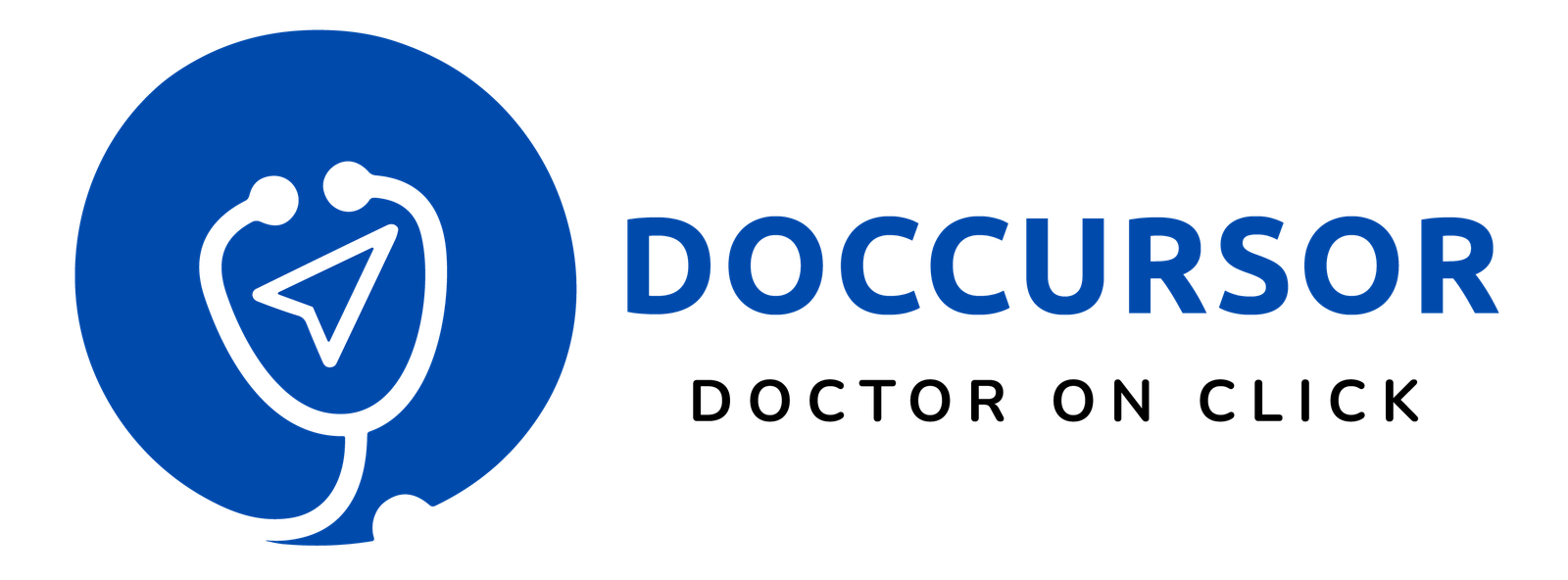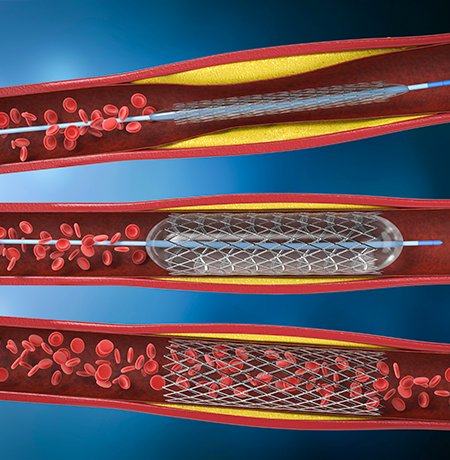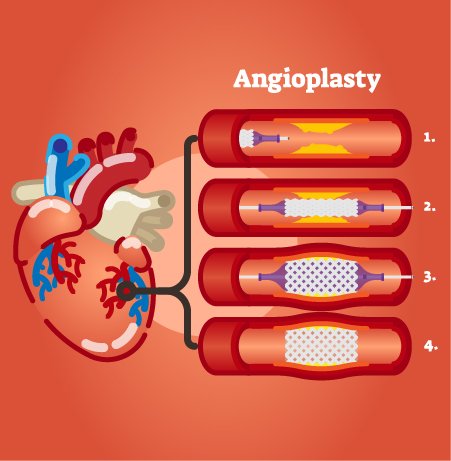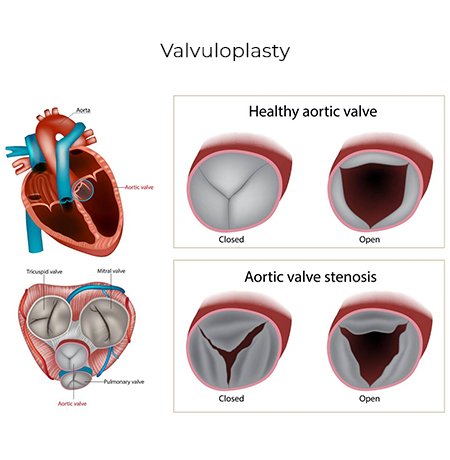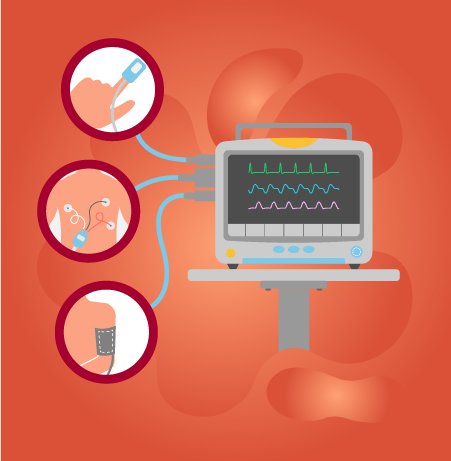Cardiology
Cardiology
Cardiology is the medical specialty dedicated to the study, diagnosis, and treatment of conditions affecting the heart and circulatory system.
Key Aspects of Cardiology:
- Heart Conditions:
– Cardiologists specialize in addressing a wide range of heart-related conditions, including coronary artery disease, heart failure, arrhythmias, and valvular heart diseases.
- Diagnostic Tools:
– Cardiologists utilize various diagnostic tools such as electrocardiograms (ECGs or EKGs), echocardiograms, stress tests, and cardiac catheterization to assess heart function and identify potential issues.
Common Cardiovascular Conditions:
- Coronary Artery Disease (CAD):
– CAD occurs when the blood vessels supplying the heart become narrowed or blocked, leading to reduced blood flow. Cardiologists can provide interventions like angioplasty or stent placement to improve blood flow.
- Heart Failure:
– Heart failure is a condition where the heart is unable to pump blood efficiently. Cardiologists develop personalized treatment plans, including medications and lifestyle modifications, to manage heart failure.
- Arrhythmias:
– Arrhythmias are irregular heartbeats that can cause palpitations and other symptoms. Cardiologists use various interventions, including medications and electrophysiology procedures, to manage arrhythmias.
- Valvular Heart Diseases:
– Problems with heart valves can lead to conditions such as stenosis or regurgitation. Cardiologists may recommend valve repair or replacement based on the severity of the issue.
Preventive Cardiology:
- Heart-Healthy Lifestyle:
– Cardiologists emphasize the importance of maintaining a heart-healthy lifestyle, including a balanced diet, regular exercise, avoiding tobacco, and managing stress to prevent cardiovascular diseases.
- Regular Check-ups:
– Regular check-ups with a cardiologist are crucial, especially for individuals with risk factors such as hypertension, diabetes, or a family history of heart disease.
Cardiac Procedures:
- Angioplasty and Stenting:
– Angioplasty involves the use of a balloon to widen narrowed arteries, often followed by the placement of a stent to keep the vessel open.
- Bypass Surgery:
– Coronary artery bypass grafting (CABG) is a surgical procedure to reroute blood flow around blocked arteries, improving blood supply to the heart.
- Implantable Devices:
– Cardiologists may recommend implantable devices such as pacemakers or defibrillators to manage heart rhythm disorders.
When to Consult a Cardiologist:
If you experience symptoms such as chest pain, shortness of breath, palpitations, or if you have risk factors for heart disease, it’s essential to consult with a cardiologist. Early detection and intervention can significantly improve outcomes.
